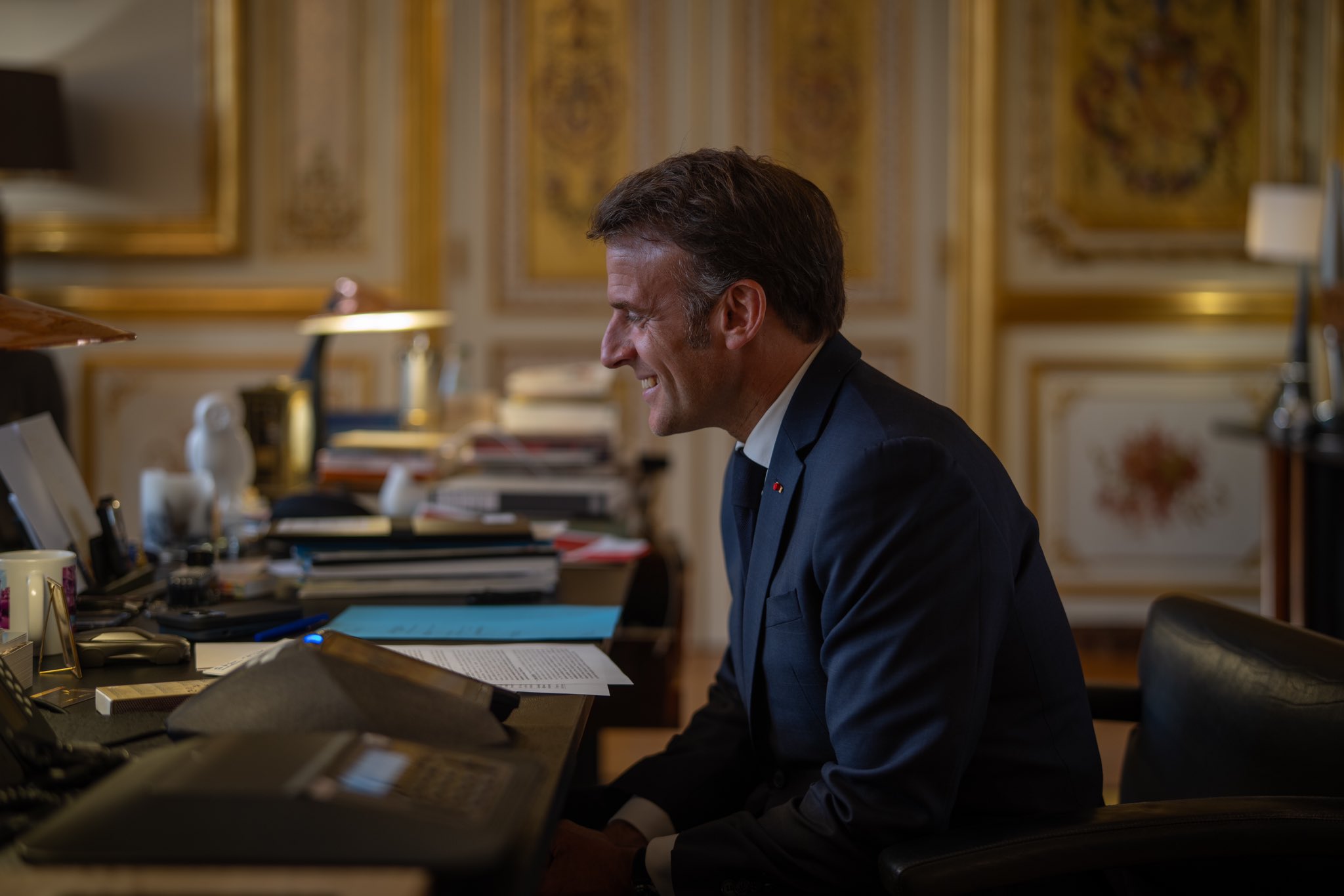Why France Summoned US Ambassador Over Antisemitism Letter and What It Means for US-France Diplomatic Relations
France has formally summoned United States Ambassador Charles Kushner over what it described as “unacceptable” accusations made in an open letter to French President Emmanuel Macron. The letter, published on Sunday in The Wall Street Journal, accused France of not doing enough to curb antisemitic violence and criticised its moves toward recognising a Palestinian state.
 |
| Image Source: French President Macron |
It also said the remarks undermined the trust and quality expected in the transatlantic alliance between France and the United States.
Kushner, a real estate developer and father of Jared Kushner--former senior adviser and son-in-law to Donald Trump--was appointed ambassador by President Trump during his second term. His letter tied rising antisemitism in France to public criticism of Israel’s conduct in Gaza and Macron’s indication that France may formally recognise Palestinian statehood.
"Public statements haranguing Israel and gestures toward recognition of a Palestinian state embolden extremists, fuel violence and endanger Jewish life in France,” Kushner wrote. He further claimed that “anti-Zionism is antisemitism--plain and simple,” and urged France to abandon what he described as legitimisation of Hamas.
France, which hosts Europe’s largest Jewish population--estimated at half a million people--strongly rejected the charges.
The French government maintains that its security apparatus is fully mobilised to protect Jewish communities and combat antisemitism, particularly following the October 7, 2023, attacks by Hamas on Israel.
Macron’s office had already rebuffed similar allegations last week from Israeli Prime Minister Benjamin Netanyahu, calling them “abject” and a distortion of France’s consistent policies.
The French presidency stated: “This is a time for seriousness and responsibility, not for conflation and manipulation,” and reiterated that France will always defend its Jewish citizens.
The dispute comes amid growing divergence between French and American foreign policy approaches. While France has taken steps toward recognising a Palestinian state—alongside several European allies—it continues to maintain robust trade and diplomatic ties with Israel.
The decision to consider Palestinian statehood, according to French officials, reflects long-standing support for a two-state solution and does not imply support for Hamas or its actions.
Kushner’s remarks were endorsed by the US State Department, which in a statement said: “Ambassador Kushner is our US government representative in France and is doing a great job advancing our national interests in that role.”
This endorsement, however, has done little to ease tensions. France’s foreign ministry reiterated its view that Kushner’s comments fell short of the standard expected from diplomats of allied nations.
The timing is also notable: US-French relations are already strained over Trump-era trade tariffs, disagreements on peacekeeping missions in Lebanon, and differences in approach to the Russia-Ukraine conflict.
France has objected to US-led efforts to reduce the United Nations peacekeeping mission in Lebanon (UNIFIL), which remains a sensitive issue with a Security Council vote due soon.
The diplomatic clash also highlights the sensitivity of foreign influence in France’s domestic policy, especially on matters involving identity, religious freedom, and international law.
Paris has historically defended its secularism and sovereignty in shaping domestic responses to hate speech and religious violence, while also resisting external pressure on its Middle East policy.
As the situation develops, the fallout may complicate what has otherwise been a warming relationship between Macron and Trump in recent weeks, at least on camera. But it also shows France’s longstanding principle: decisions on sovereignty, security, and foreign recognition will remain Paris’s alone.
